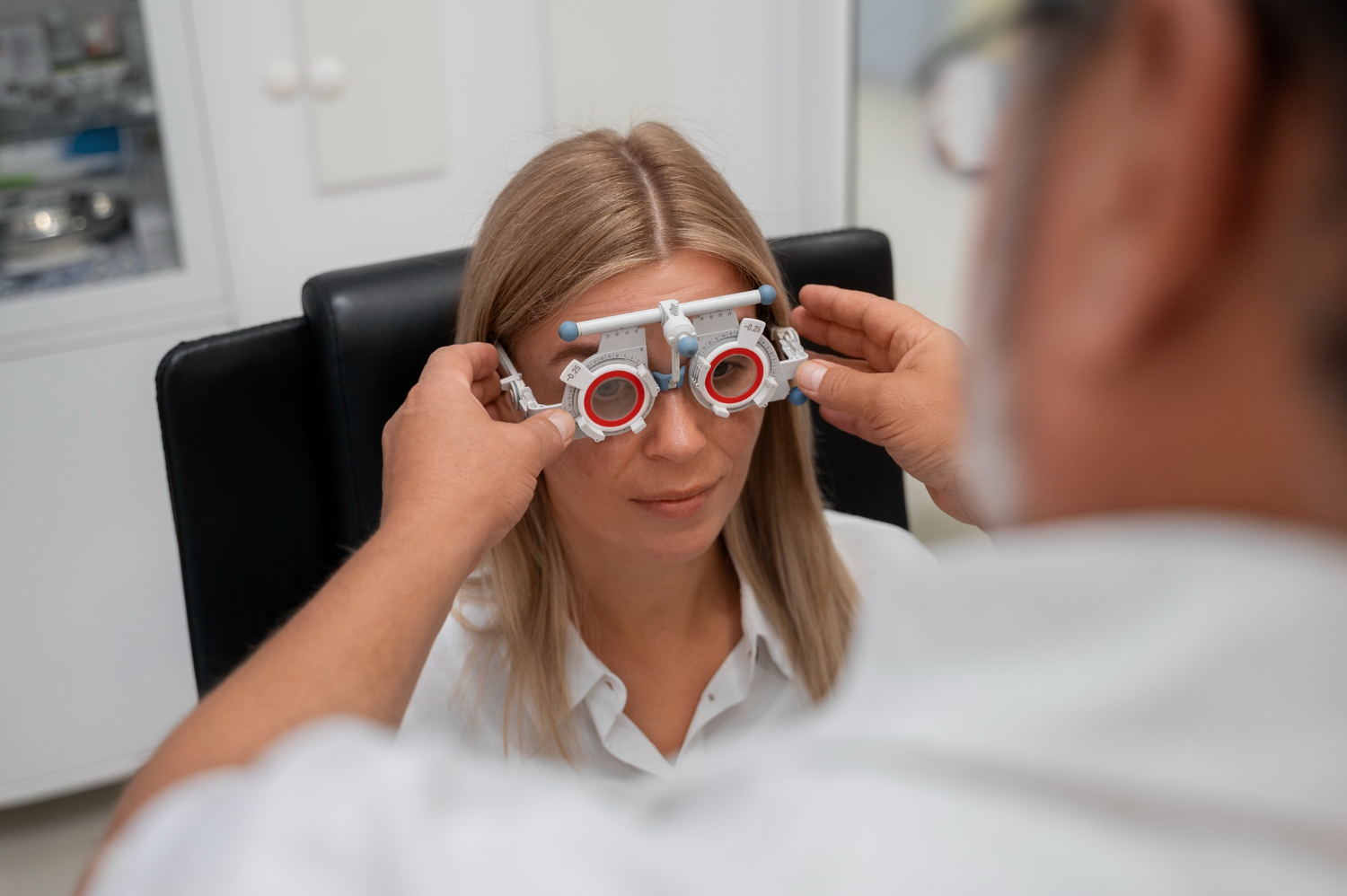When seasons change, it’s not only your skin that you should be tending to. Your eyes need extra TLC, too. The abrupt changes in the weather can take a toll on your peepers, and you should take additional precautions to protect your vision. While it’s possible that you experience symptoms at any time of the year, they’re usually prevalent—and particularly harsh—during chilly winters and hot summers. As you age, your eyes tend to become more sensitive.
No matter how old you are, however, you should take appropriate steps to take good care of your vision. Here are some tips for keeping your eyes healthy when seasons change:
1. Buy a trusty pair of sunglasses
When you’re out and about, it’s vital that you block ultraviolet rays to keep your eyes from squinting. Just as you apply sunblock on your skin to avoid sunburns, you should wear sunglasses to avoid cataracts, macular degeneration, and retinal damage. The sun’s harmful rays usually lead to these diseases, and wearing sunglasses can prevent you from getting afflicted with them.

Even if the contact lenses you wear are equipped with UV protection, sunglasses still offer the best protection as contacts aren’t usually capable of blocking 100% of both UVA and UVB rays. It’s also worth noting that it’s not only during the summertime that the sun rays are particularly harmful. The light that reflects off the snow can be just as damaging to your vision, in addition to the wind and cold air that can harm the delicate skin around the eyes. If you truly want to protect your eyes, you should make it a point to wear sunglasses in both winter and summer.
2. Keep your eyes lubricated
Your eyes tend to be dry indoors and outdoors during the colder months. On the flip side, the air conditioning that removes humidity indoors also dries out the air and then dries your eyes. Make sure to keep eye drops handy so that you can keep your eyes moist and minimize discomfort when they get dry. It would also be worth it to invest in a humidifier to keep your eyes comfortable at home when seasons begin to change.

3. Get the right amount of sleep
You probably no longer need any more reminding that getting enough sleep is essential. Not only does it fuel your body with energy, but it also rests your eyes. When you are tired, your eyes are more likely to feel dry and irritated. Studies also show that not getting adequate sleep affects your ability to perform visual tasks. Driving and cooking can be dangerous when your eyes are exhausted. As much as possible, you should get plenty of shut-eye.
4. Get an eye exam regularly
You will be doing your eyes a favour if you get an annual eye exam from an eye doctor. It doesn’t matter whether you do it in the winter, spring, summer, or fall—a comprehensive eye exam is one way of taking care of your vision as you get to find out whether or not you have an eye condition. When you catch them early on, you have higher chances of curing them.

Disclaimer: This blog post does not replace medical advice and should not be implemented prior to consulting a fully certified medical professional.





